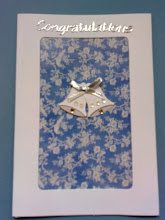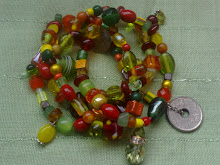The book is set in Nazi Germany and opens with the main character, 10-year old Liesel, on a harrowing train journey with her mother and younger brother. The brother dies en route and is buried on the way traumatising the young girl who steals the grave-digger’s manual to remember her brother by, so beginning her career as a book thief.
She is deposited in Munich with the soft-hearted Hans Hubermann and his violent, foul-mouthed wife Rosa in one of the cities poorest, roughest neighbourhoods where she proceeds to run wild with the local children.
Her foster father’s gentle attempts to teach her to read and help her grieve are rendered beautifully by the author and Liesel’s foster mother’s tumultuous relationship with her neighbours and employers and her friendship with Rudy, the neighbourhood scallywag, are full of humour and mischief (and liberally sprinkled with German expletives).
The narrator of this novel is death, and not the stern, sombre death you would imagine. Rather death appears confused and full of emotion, seemingly half besotted with Liesel himself (it feels like a him) and jumping backwards and forwards through the story – rather like a distracted old woman, who keeps saying “so where was I?”
The novel begins as the Nazi party are already in power and the Second World War is approaching. Nationalist fervour is taking hold of the country and people’s fear of the party and what it could do is becoming apparent as Kristallnacht erupts and people begin to censor what they do and say.
At the same time Leisel, Rudy and their coterie of street urchins are uncontrollable and run riot through the town fighting, stealing and swearing. These scenes and those with Rosa taking slight at her various employers and neighbours are full of life and humour. Leisel’s growing love affair with books as repositories of memory, rebellion, connection and hope was also a pleasure for me to read about (see also The Olive Readers for this theme).
The story takes a darker turn as a stranger appears on the Hubermann’s doorstep asking for help, putting the family in danger and the war begins to draw in the men of the neighbourhood. We see how Leisel’s grief at her brother’s death surfaces and colours the rest of her life.
It took me a while to get into this book, but once I did, I was drawn in by the humour and the humanity of Han’s and Liesel’s struggles with their selves and the anti-Semitism and fascism around them. Zusak also manages to pique the readers curiosity in various, rather clever ways: sometime Death lets slip something yet to happen, sometimes the chapters are interspersed with rather odd headings – somewhat like cryptic crossword clues and sometimes we are just left with a longing to know what happened next.































If I hadn't already read it, I'd want to read this book based on your review :-D
ReplyDeleteAssalam-alaikam Sis Washi,
ReplyDeleteThank you for encouraging me to read this (but I'm sure you're like me, in that you want to read everything you see a review of, to see what you think).